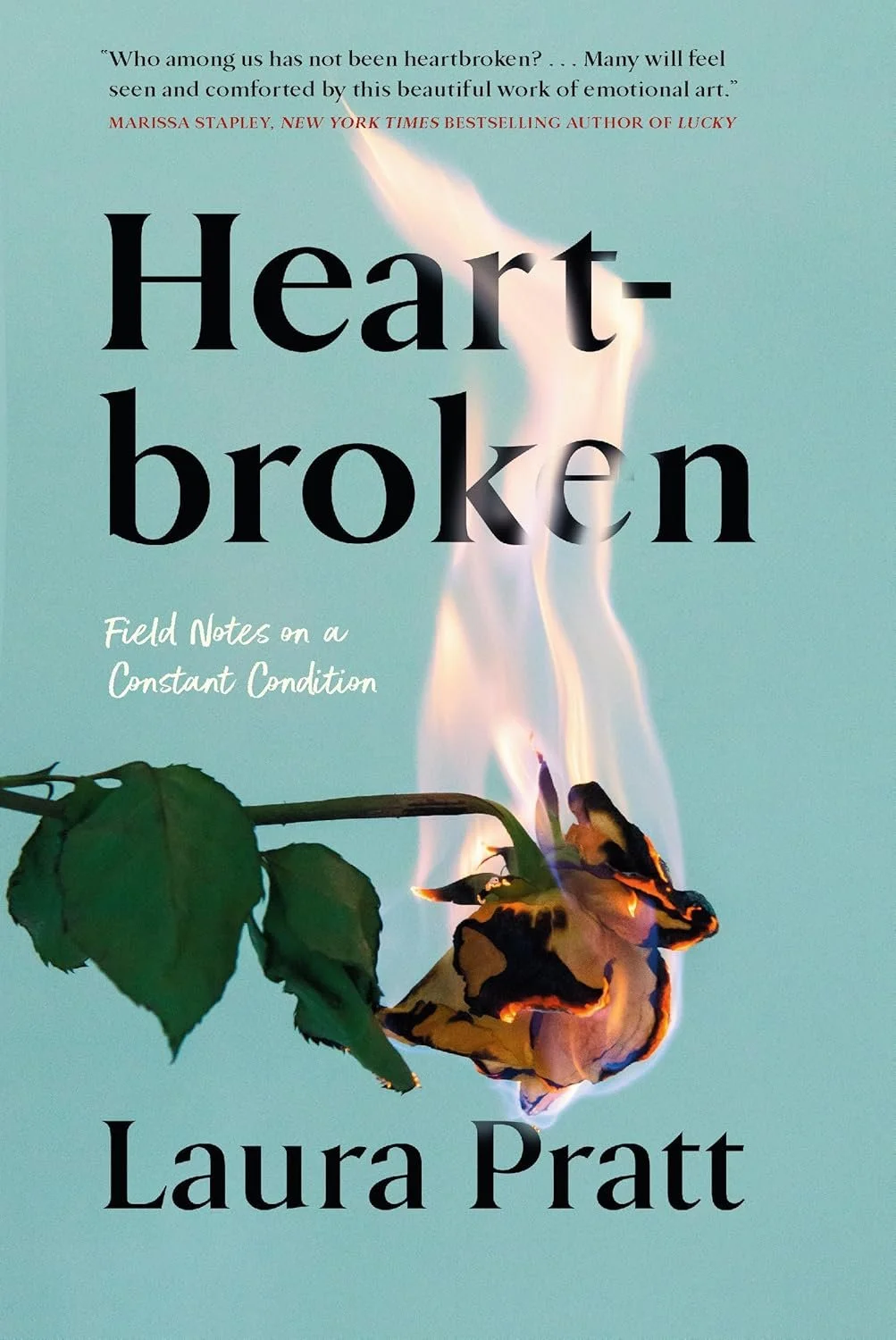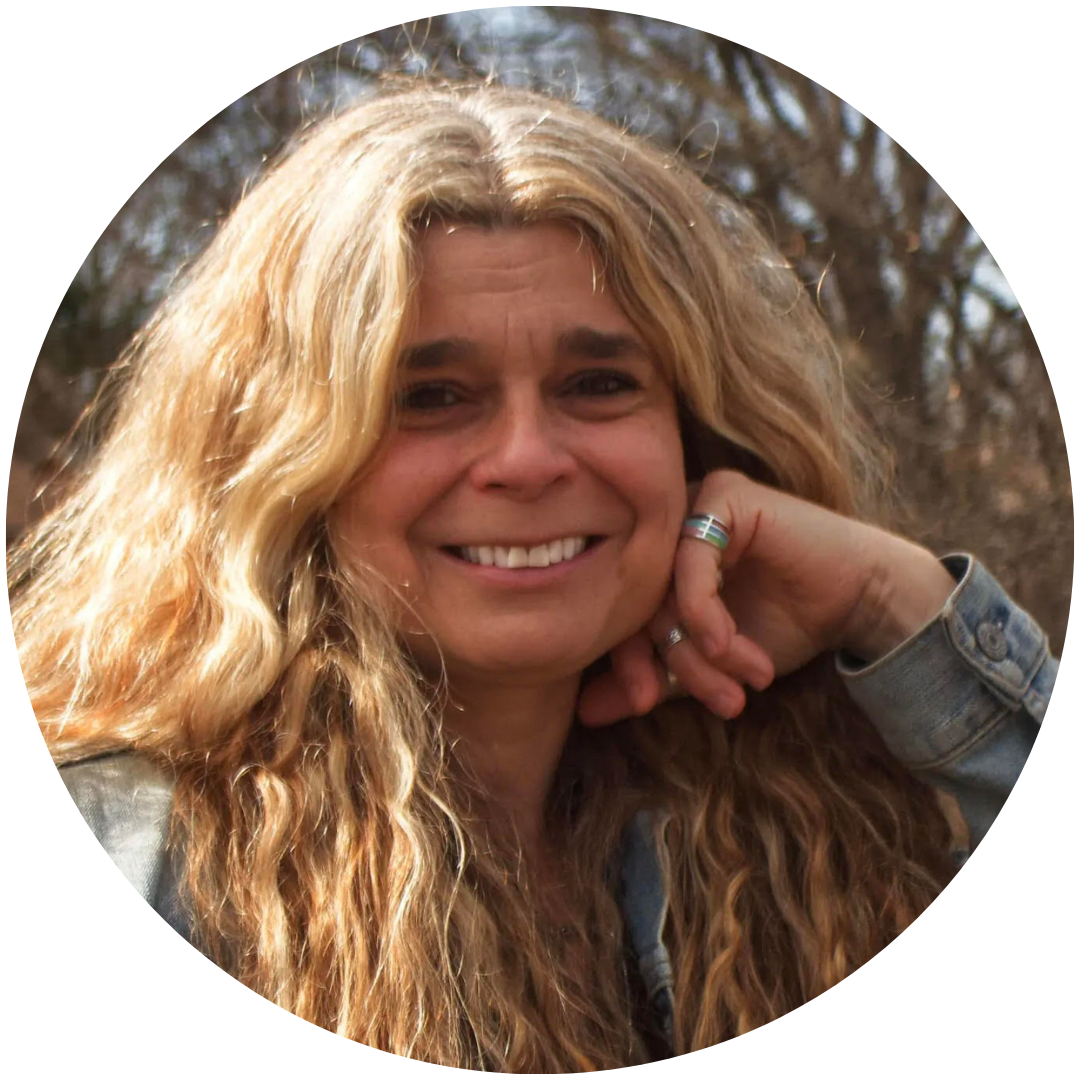Is Your Memoir About the Writer? Or the Reader?
/I remember when I started working on my memoir — Heartbroken: Field Notes on a Constant Condition, a contemplation of this most universal of personal tragedies whose central stitching is a personal account of my shattered sense of self after my lover fled me — how much I used to bristle when people would hover over my efforts, spilling commentary on how much the act of writing must be therapeutic to me. Wow, they’d say. It must be so cathartic to get this story down on paper. And I would look up from my ribbons of transcribed trauma and reject the idea outright, casting it back at them like it had been an accusation, a smear that belittled my work — and, by extension, my life.
The idea of approaching a memoir as a self-serving project never squared with me. How wrong I was.
Bear with me, because I know there’s some inherent contradiction in all of this, but it seemed to me at the time as though assigning such practical usefulness to the endeavour of memoir writing undermined it, that channelling a memoir’s consequence into something curative for its creator undercut its value.
From the start, I’d understood a fierce truth about the memoirs: it’s a mistake to write one believing it’s about you.
That seems a counterintuitive statement, I get it. I mean, who is the memoir about if not its subject, its author, the individual bent over the laptop committing to eternity some wrenching chapter of their own epic life? But here’s the thing: the details of the author’s life are merely their details. The story they support is bigger than that. The story they support is actually the story of all of us.
Consider: Wild is not just an anecdotal narrative about Cheryl Strayed, a dauntless woman who pulls on a pair of sturdy boots and walks the Pacific Coast Trail, a 2,000-mile odyssey filled with blistering challenge and eye-opening adversity. If it were merely the story of one woman’s ambitious trek along the California coastline, it would not resonate with millions of people as it did. I mean, lots of folks go on hikes and lose their way and marvel at the sky, but most of us aren’t particularly moved by hearing about it. Wild’s hiking story is the surface of something much deeper. Before the author donned those boots, you see, she lost her mother, watched her marriage blow up, and generally got swamped by grief and psychic confusion. Her life was falling apart. But she yanked herself up and set out in pursuit of healing. And then she wrote about it. So Wild is not just an adventure tale about braving the elements and living in nature. It’s one woman’s guide to surviving devastating loss and moving through grief toward wholeness. In her tale, we see ourselves, and through her epiphanies and healing, we identify those we might apply to our own valiant battle of carrying on in this world.
Strayed’s personal story is only the vehicle for a much bigger universal one: navigating despair and achieving serenity, a lesson of extraordinary meaning for pretty much every human being.
In other words, the best memoirs are meaningful to others because their authors are not writing about themselves but through themselves. It is in someone else’s life that we see our own lives reflected, after all, and so the construction of a memoir is necessarily a selfless act, designed to facilitate another person’s self-discovery. In a memoir, we learn how someone else navigated a challenge. Negligent parenting, say. Or abuse. Or heartbreak. Whatever the particular shock or ordeal, we humans are endlessly keen to learn how the other guy did it, and memoirs provide precisely that: instructions for getting through, complete with context and strategy and, crucially, company for the trial of enduring it.
It is the memoirist’s job to elevate their personal story into writing that will have relevance and meaning for others. Without a higher story, memoir can feel like someone cornering you at a party and telling you all the interesting things that have happened to them, but never leaving room for the receiving party to get a word in edgewise.
So, when I started working on Heartbreak, I knew all of this — that memoir is aimed at healing other people. I’d put down my pen and utterly rebuffed the idea that my travails had bought me any kind of redemption. I was convinced, throughout writing, that it would be selfish if they had. But when I’d finished my manuscript and my agent had sold my book and my editor had polished it till it gleamed, I recognized that I had, in fact, benefited from the exercise. Writing about my trauma had indeed gone some way to relieve me of it — and that was OK. That I was improved by my writing didn’t take a thing from the potential the final product had to also improve a reader. Writing my memoir had released me from some of the burden of having survived its central strain — and that hadn’t detracted a bit from its ability to offer some of the same release to its readers. In the end, it was OK for the memoir writer to grab a little of the navigational wisdom she extends to the world for herself.
Today, as I tackle my next memoir, this one on the agony of grown children fleeing the nest while society shrugs at the injury the transition inflicts, I do so with a different understanding of the process of putting my pain into shareable words. It is acceptable, I now recognize, to enjoy my own therapy from the exercise, even while proffering the same to readers who will pick it up and filter my experience through their own lenses.
This is an important lesson for me, I think, for the way it releases me from the perceived guilt of regarding writing as a self-serving enterprise. It’s acceptable to be improved by the act of sharing a story designed to extend deliverance to others. This is in fact the dual value of writing a memoir: salvation for writer and reader both.
Laura Pratt is a journalist, editor, and writer who has written business, lifestyle, and memoir for magazines for three decades. These days, she has shifted into the book world and works as a memoirist, ghostwriter, FriesenPress book editor, and book coach for self-publishing authors. Penguin Random House Canada published her second book, Heartbroken: Field Notes on a Constant Condition, in early 2023. She has an MFA in creative nonfiction and teaches the subject at the University of Toronto. She lives in Toronto with her dog and whatever kids she can corral to come around.











